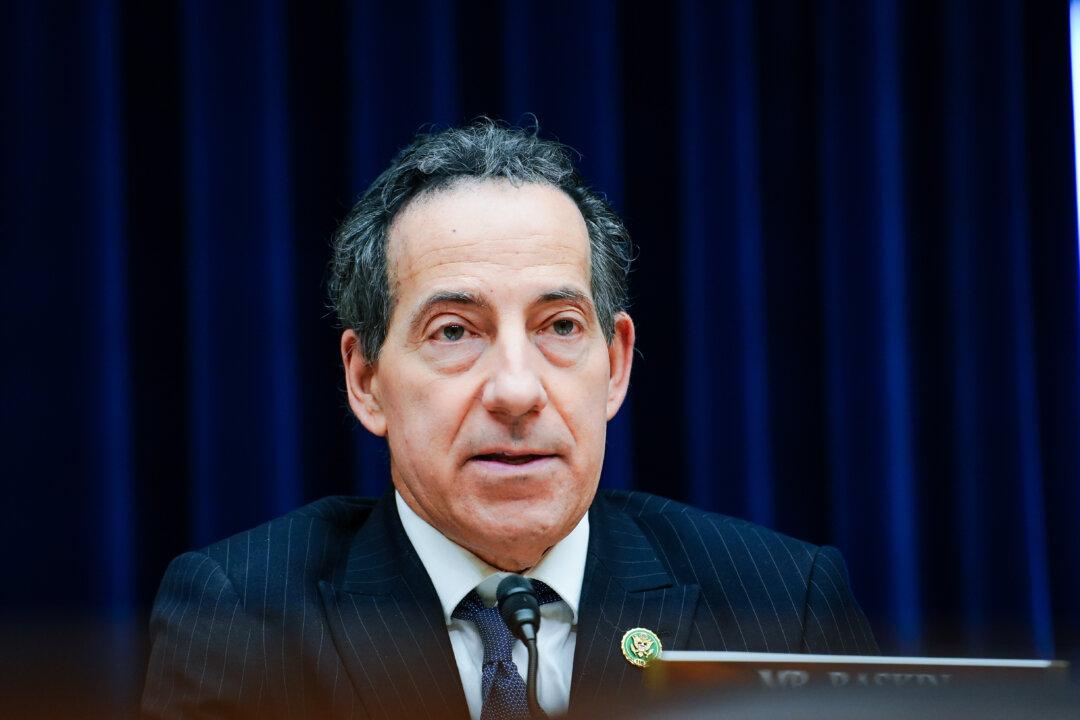The U.S. government has suggested mandating the reporting of cryptocurrency transfers of more than $10,000 to the IRS, the latest proposal by federal officials to introduce more red tape into the crypto space.
Federal law already requires people to report cash transactions of more than $10,000 to the IRS.
Bitcoin and other cryptocurrencies have become increasingly popular among Americans, helping some of the currencies to increase significantly in value. Bitcoin recently hit a record-high of over $60,000, though it has since gone as low as $32,061.55.
Cryptocurrencies are used to store value and can be used in transactions, primarily over the internet. The most popular is bitcoin, which was introduced in early 2009. The currencies rely on nodes scattered across the world to check transactions in a so-called ledger system, which has been praised by some as improving transaction security and removing banks from the equation.
Transactions are often conducted through exchanges like Coinbase. In recent years, U.S. regulators have cracked down on exchanges, forcing them to gather more and more data from customers based in the United States. IRS officials have taken to upping enforcement of tax payments owed from cryptocurrency gains, drawing harsh criticism from some early purveyors of the new forms of currency.
The Treasury’s new report was issued to outline how President Joe Biden’s new tax compliance initiatives—laid out in his proposed American Families Plan—would work. The plan involves improvement at gathering taxes by addressing loopholes that left nearly $600 billion owed in 2019 uncollected.
The department said cryptocurrency transactions still constitute a relatively small portion of business income today, but predicted they would “likely to rise in importance in the next decade, especially in the presence of a broad-based financial account reporting regime.”
Cryptocurrencies were not mentioned in the White House fact sheet about the plan, which is aimed at upping taxes to pay for providing free preschool to all 3- and 4-year-olds and free two years of community college to adults.
Other Biden administration officials have pushed for greater regulation on the crypto space.
Gary Gensler, recently confirmed to head the Securities and Exchange Commission, told a House panel earlier this month that the crypto asset market “could benefit from greater investment protection” and that exchanges at this time don’t “have a regulatory framework that can instill greater confidence” in consumers.






Friends Read Free